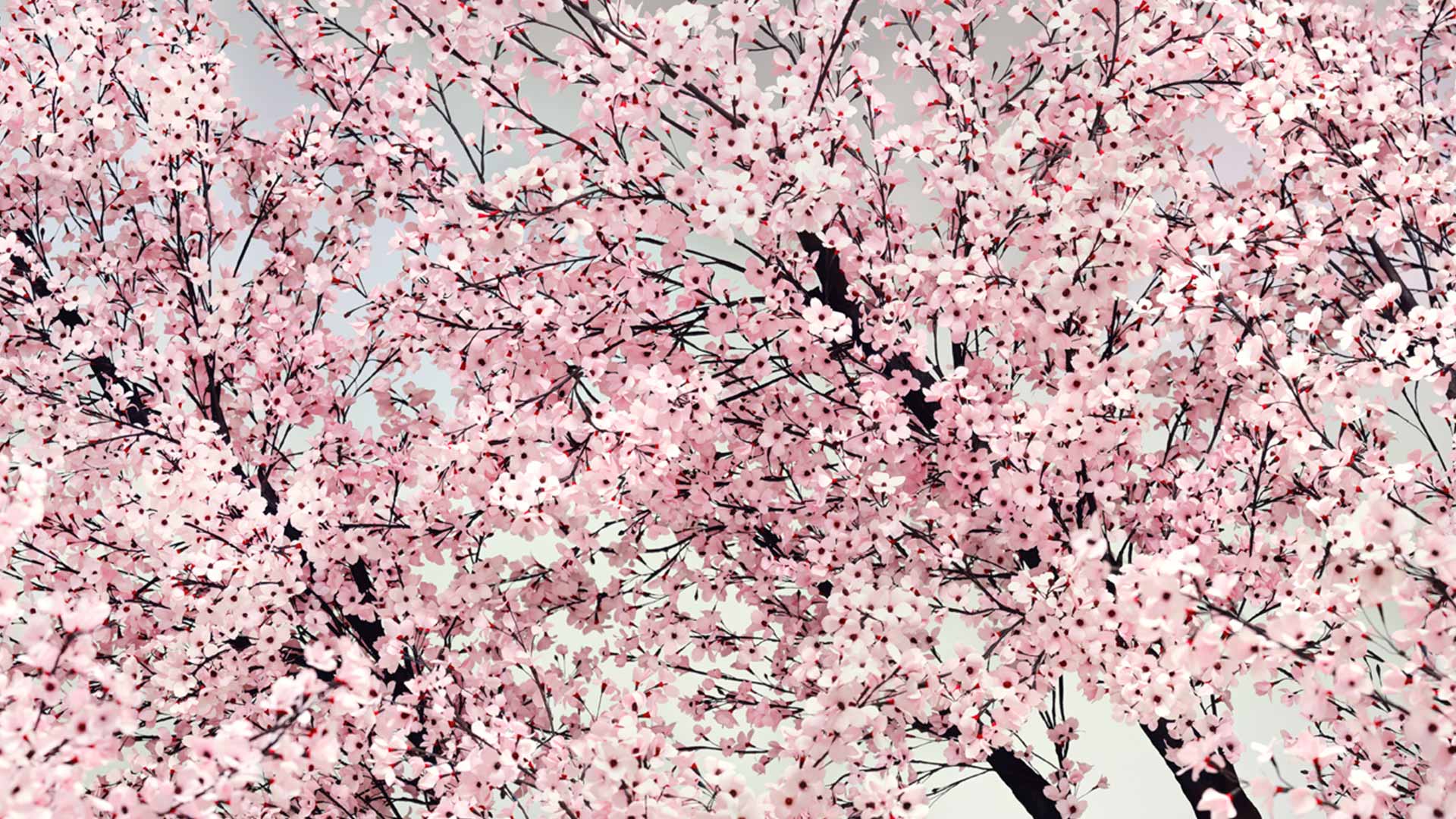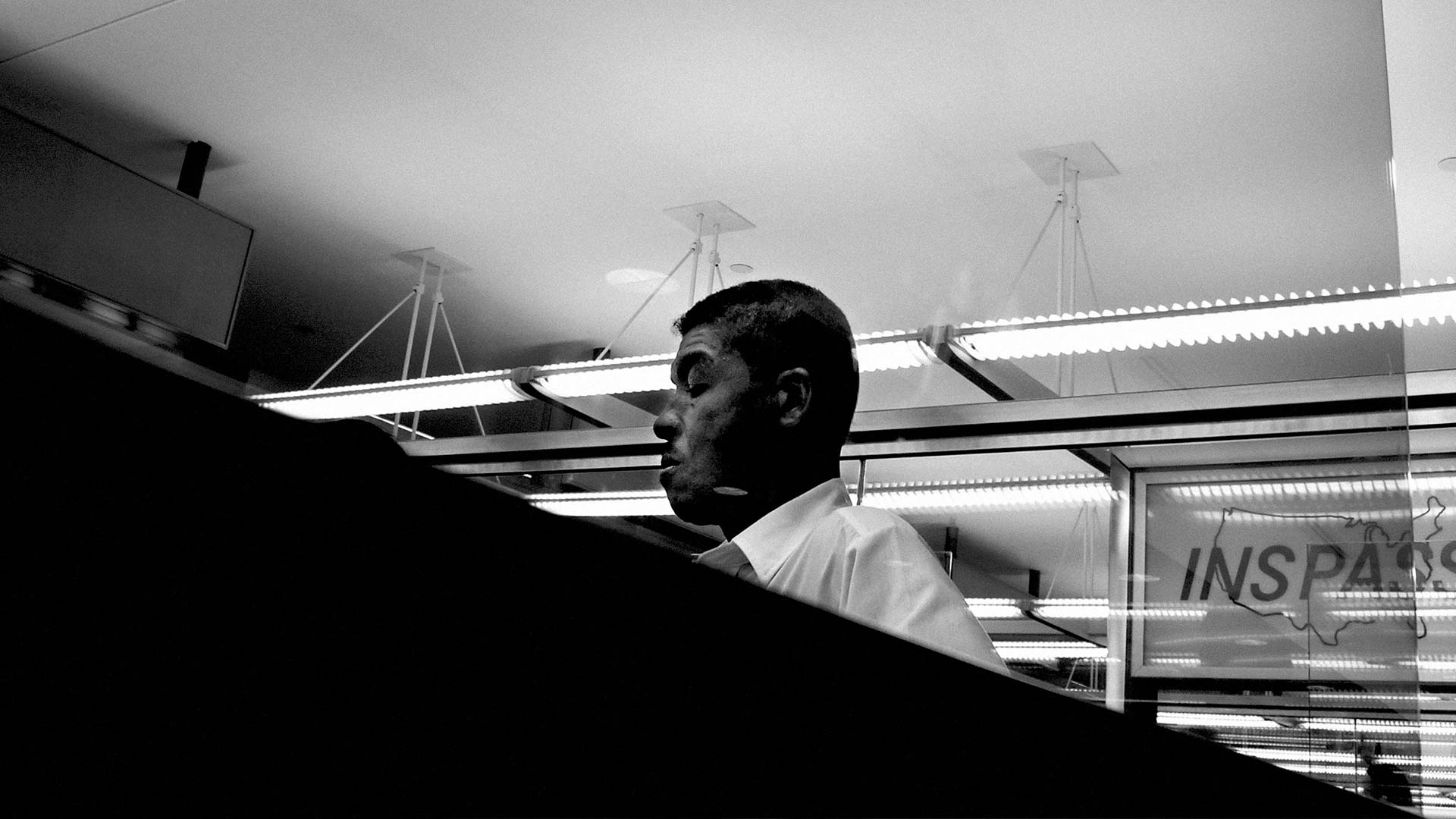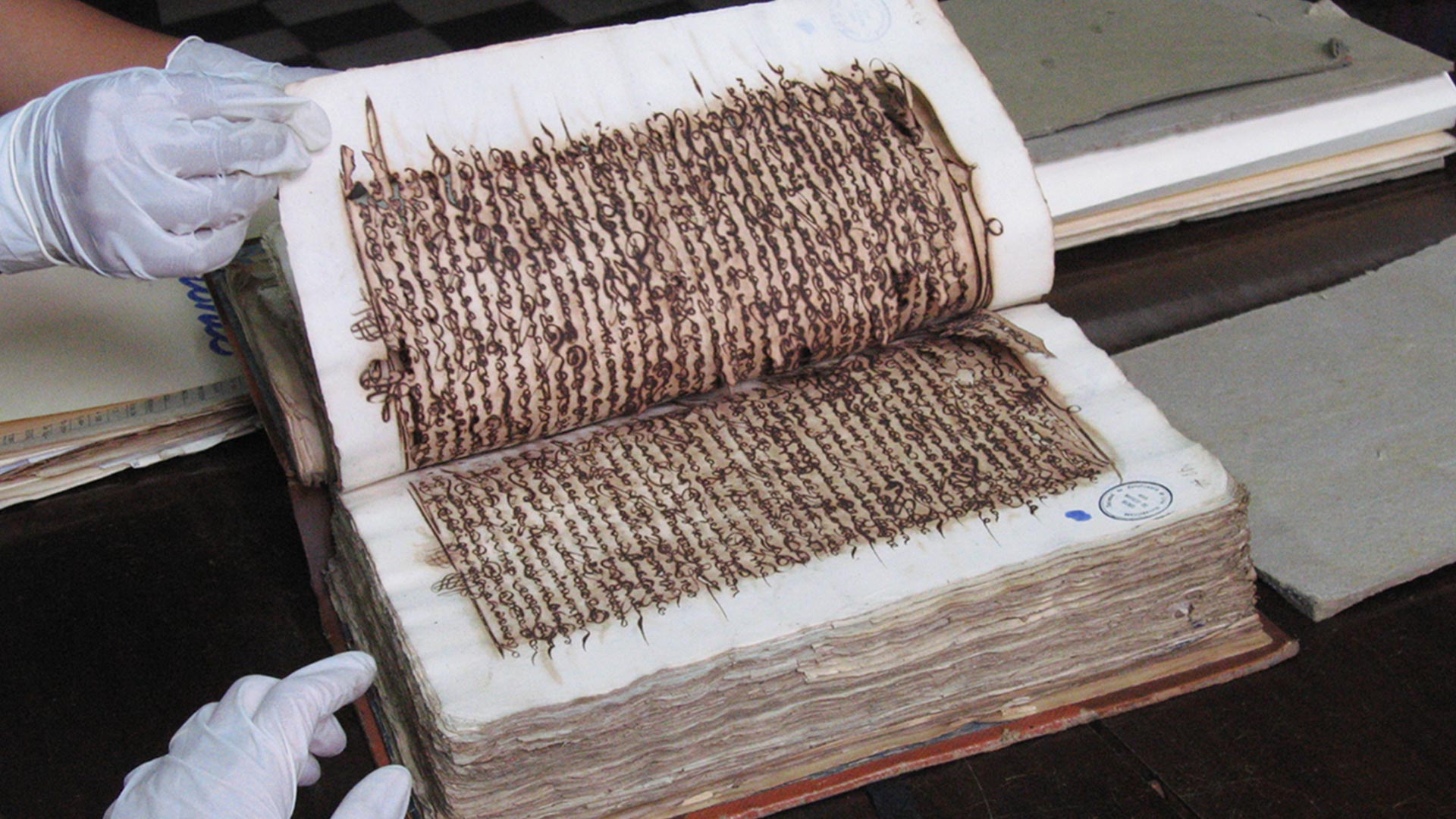I grew up in second-hand clothing, wearing outdated styles as if I came from another country, but in 1979 I overheard a charm of girls talking about pants. They were behind me in the cafeteria and I listened like an ornithologist trying to decipher birdsong. I heard “guys in Levi’s” and “cool.” I looked at my loose khakis with the frayed seams and felt like I’d been awakened, a code broken, my invisibility explained. My legwear reflected my habits: swamp-swept cuffs, grass-stained knees, and dirt from digging foxholes. I went home and pitched the necessity of Levi’s to my mother. She suggested Toughskins from the Sears Catalog which, given my trials in the countryside, were far more practical. But I knew what girls liked now. We could get some at JCPenney and for my eleventh birthday, my parents gave me a pair still stiff with dye. Levi’s. New and blue. The next day Karen Nellis followed me and I caught her ducking down to read my label. Dana Petersen stopped me to say my pants looked good. I was cool in time for 1980 with two weeks to spare. Jordache, Calvin Klein, Brooke Shields, Bruce Springsteen. It was the birth of designer denim and for a few months, I thought I had the right costume. I wore my jeans to school every day and took them off when I got home. I worried about fading during weekly washings and the wear that began to lighten the knees. I didn’t want my pockets to loosen so I never put my hands in them. My pants progressed just behind the trends to arena-rock acid-washed, then cargos, then pleated high waist Bugle Boys from Chess King. I was a studio arts student at Vassar as the decade ended and singular styles blurred, music videos making a mess of things. Then, in 1990, I signed my summer away for the starched camouflage of Marine Corps Officer Candidates School. For ten weeks in Virginia, I wouldn’t get to choose what to wear. On a sweaty Saturday during our sixth week in Quantico, ranks already thinned by heat and injuries, we were allowed an afternoon off. It was our first break and we were suspicious that it was a trick, punishment lurking in liberty. Our civilian attire was to be inspected before we went out into a world of fashion critics. To a Marine drill instructor, there was the danger of eccentricity in every article of clothing. The term “unicorn” was thrown around and we worried that we might exhibit signs of a horn. Most of the candidates were dressed like the staff at a golf course in Connecticut: button-down collared shirts, ironed trousers with full leg creases, dress shoes, dark socks, and belts. I wore black pleated pants, flared on the thighs and tight on the ankles, which were in style at the time if I had been a member of Duran Duran. I stepped up to the instructor. “Look at the fuckin’ size of those wrinkles,” he exclaimed. I looked down. “These are…pleats, sergeant instructor,” I said. “Pleats? Dresses have pleats, Women’s College. Trousers have wrinkles.” “The candidate doesn’t know how to correct himself, sergeant instructor.” “What are you, a baboon?” My brain hurt trying not to laugh at the word “baboon” being used with such disgust. Responding would not have improved my situation so I stood locked at attention as he shook his head. “I’ll be damned if we didn’t teach you how to iron out wrinkles. Come back when you have unfucked those trousers.” I spent forty minutes ironing out the pleats until the pants ballooned below the waist. The last man left in the squad bay, I returned to be re-inspected by a staff sergeant who had to repress his mirth. He exploded that “pantaloons” had been banned since, and he paused to think, searching his sense of history, finally just waving me away from his burning eyes. They looked inflated, like clown pants, and I tried to clench their billowing shape in my fists as I speed-walked to a taxi. I looked something worse than eccentric and stayed in the cab until I found a menswear store. I had just enough cash to buy a pair of straight-legged khakis, and I made damn sure that there were no pleats on them. I returned to base after a few paranoid hours of funlessness and, while talking to some other candidates, I slipped my hands into my pockets. Never has there been an act more demonstrative of languor than using pockets as a place to keep your hands. A gunnery sergeant leapt out of the air and yelled me backward, his arms moving as if he was still in flight. “What’s the matter candi-dude?!” “The candidate doesn’t—” “Hands tired?” “The candidate—” “Do you have sleeping bags crammed in your trousers for hand naps?” “The—” “Are your hands hiding? Are they embarrassed to be seen with the rest of you?” His arms had remained extended like a man crucified, a punctuation of his disbelief, and as far from his pockets as he could keep them. I opened my mouth to say nothing again, but his eyes widened and he dropped his voice to a growl. “Shut your suck. No Marine ever won a fight with his hands in his pockets.” He spun and stormed off to attack another candidate stepping from a cab with loose shoelaces, sure to get him killed in combat. I hurried into the barracks where off-the-shelf folds on my new khakis were immediately discovered, horrifying another drill instructor, and I spent the last of my miserable liberty ironing them. We rarely hear pockets used in celebration. “Pockets of resistance” always have to be destroyed, “pockets of time” are only large enough to do small chores and “hands in your pockets” just means you aren’t doing anything at all. I filled mine with filthy stones, seashells, and bottle caps until I learned my lesson. We’ve arrived in a time when definitive style has been lost from legwear, no new sensibility after decades of buttons, zippers, and tapers, no clear portrait of this corporate century’s legs. We buy whatever’s on sale. Most of us agree that skinny jeans are a mistake and yoga pants are just spray paint. It’s been eleven years since I wore a uniform, but I’m still wary of my pockets. I keep my wallet in one, keys in another, and phone in a third. That’s what they’re for. But I don’t linger when I reach into one, even in winter. There’s still a gunnery sergeant circling, probably using a drone, watching for me to finally decline into sloth, give in to weakness and forget what I’ve been taught. Pockets aren’t hand holsters, fist traps, finger curlers, wrist sockets, or magic bags. They’re for storing whatever will keep your hands free. Stay vigilant. No one ever slapped a mosquito with their hands in their pockets. Benjamin Busch is a filmmaker, illustrator, and author of the memoir Dust to Dust. His essays have appeared in Harper’s Magazine, the New York Times Magazine, Guernica, River Styx, and on NPR. He served 16 years in the Marines, deploying twice to Iraq, and teaches nonfiction in the Sierra Nevada College MFA program.
我們將進行通訊系統升級,請在此登記Aesop香港官方WhatsApp,以保障資料安全並享個人化服務。了解更多
購物車
容量
數量
我們提供產品寄送服務範圍包括中國香港特別行政區與中國澳門特別行政區。
所有價格均以港幣計算
小計


